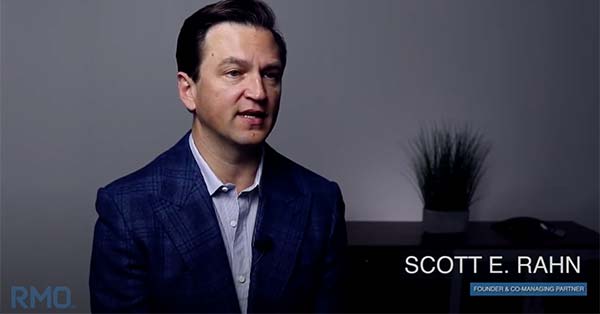Trust Petition Attorneys
Trust petitions are a crucial part of ensuring proper trust management, but correctly drafting and filing a trust petition requires an experienced attorney. RMO Lawyers has a lengthy and successful track record in representing clients in trust-related legal matters, as well as filing and defending countless trust petitions




